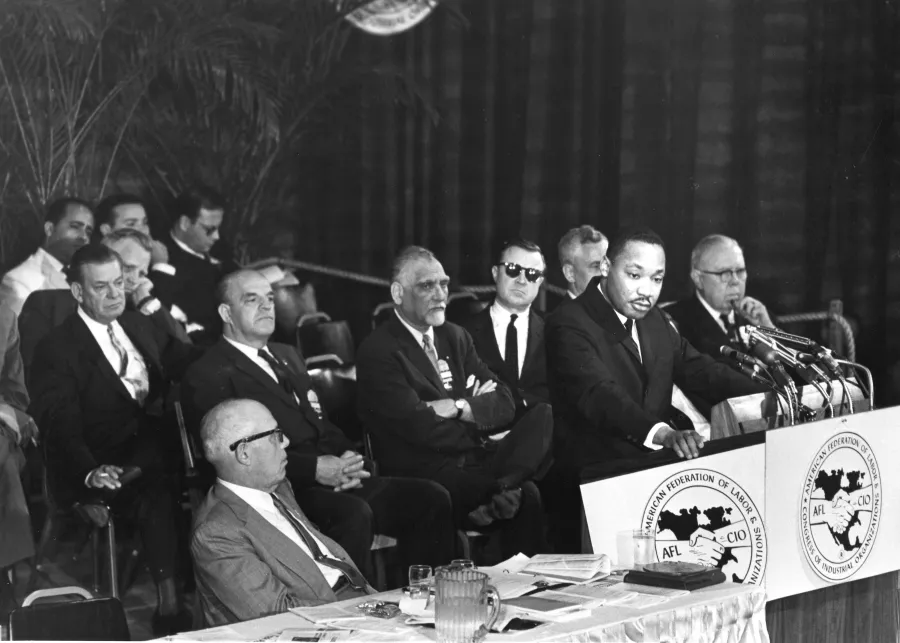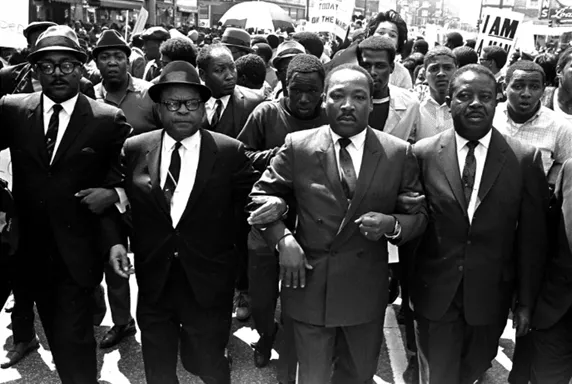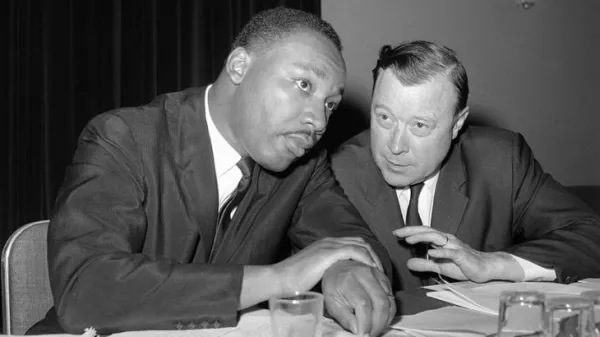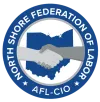Martin Luther King, Jr. and the Labor Movement: Championing Workers’ Rights and Racial Justice

Martin Luther King, Jr., a pivotal figure in the American Civil Rights Movement, is often remembered for his efforts in securing racial equality through nonviolent protest and public discourse. However, his advocacy extended beyond the battle for racial justice and included a deep commitment to the labor movement. King recognized that the fight for civil rights and economic justice were intertwined, and he actively supported the rights of workers, understanding that the struggles of the working class and people of color were inextricably linked.
A Shared Struggle: Civil Rights and Labor Rights
King’s involvement with the labor movement came at a time when racial discrimination and economic inequality were pervasive in American society. African Americans, particularly in the South, were relegated to low-wage, dangerous, and exploitative jobs, while unions were often exclusionary. King believed that the goals of racial equality and economic justice were not separate but intertwined. He recognized that securing dignity and respect for black workers required challenging not only racism but also the economic structures that perpetuated poverty.
King’s public support for the labor movement became more pronounced in the 1960s, when he began to see labor rights as essential to his vision of social justice. He worked with various labor leaders and participated in numerous strikes and rallies to highlight the importance of workers' rights. As he saw it, the poor and working class were often denied the same basic human dignity as those fighting for civil rights.
The Memphis Sanitation Strike: A Defining Moment

One of the most significant events in which King linked the civil rights struggle to the labor movement occurred in Memphis, Tennessee, during the 1968 Memphis Sanitation Strike. The strike began after two African American sanitation workers, Echol Cole and Robert Walker, were crushed to death in a malfunctioning garbage truck. Their deaths highlighted the unsafe and degrading working conditions faced by black sanitation workers, most of whom were paid low wages, worked in dangerous conditions, and were subjected to racial discrimination.
King was initially hesitant to involve himself in labor issues, but the injustices he saw in Memphis compelled him to act. He viewed the strike not only as a fight for better working conditions but also as a fight for dignity and respect for black workers. King famously declared, "I am a man" — a simple but powerful slogan adopted by the sanitation workers to demand their basic rights.
King visited Memphis several times to support the striking workers. His presence, along with his speeches, helped draw national attention to the cause. On March 18, 1968, King delivered a speech to a group of striking workers in Memphis that would become one of his most memorable. He affirmed the workers’ rights and connected their struggle to the broader civil rights movement:
"The issue is not just jobs. The issue is justice. The issue is not just the dignity of labor, but the dignity of all people… The labor movement has always been a great catalyst for social change. And it will continue to be so. It is not simply the work that we do, but the worth that we give to people that we must elevate."
King’s participation in the Memphis Sanitation Strike culminated in his tragic assassination on April 4, 1968, while he was in Memphis to lead another march. Despite his death, King’s support for labor rights left an indelible mark on the movement.
Labor and Civil Rights: The Overlapping Struggles
King’s involvement in labor movements was not limited to his support of the Memphis Sanitation Workers. He also expressed solidarity with the United Auto Workers (UAW), the American Federation of Labor-Congress of Industrial Organizations (AFL-CIO), and other unionized workers across the nation. He argued that the goals of the Civil Rights Movement should extend to economic justice and better working conditions for all Americans, especially minorities and the poor.
At the 1961 convention of the AFL-CIO, King underscored the essential connection between economic and racial justice:
"We know that it is not enough to integrate lunch counters or public facilities. We must also be concerned about the economic survival of those who are suffering from the consequences of poverty and unemployment… A full life means a decent wage, a fair and just chance to advance, and a society that does not discriminate on the basis of race or color."
In his support of the labor movement, King also worked closely with notable union leaders like A. Philip Randolph, the president of the Brotherhood of Sleeping Car Porters, who was one of the first to bring together the fight for black workers’ rights and organized labor. Randolph's philosophy of "dignity for all people" resonated deeply with King and inspired many of his own efforts.
King’s Vision for Economic Justice

King’s perspective on labor rights was rooted in his broader vision of economic justice. While he is best known for his advocacy of civil rights, his work reflected a broader critique of an economic system that he believed perpetuated inequality and poverty. He sought to challenge what he described as the "triple evils" of racism, militarism, and economic exploitation, all of which had a profound effect on the working class.
In his final years, King’s attention increasingly turned toward issues of poverty and economic inequality, encapsulated in his Poor People’s Campaign. He believed that the federal government needed to enact policies that addressed economic disparities, supported unionization, and promoted social safety nets for the disadvantaged.
In his speech at the 1967 AFL-CIO Convention, King eloquently described his vision for economic equality:
"The time has come for us to come together as brothers and sisters and to lay down our burdens of hatred, divisiveness, and greed… We must move toward a new era of justice, a new era of brotherhood, and a new era of economic dignity. Every person deserves a job, a decent wage, and respect for their work."
Legacy: Martin Luther King Jr.’s Continued Influence on Labor Rights
Although King was assassinated in 1968, his legacy continues to inspire both the labor movement and the broader struggle for social justice. His messages of economic equality, human dignity, and solidarity between racial and labor movements resonate today in ongoing struggles for workers’ rights, fair wages, and anti-discrimination policies.
Today, unions and labor groups continue to invoke King’s teachings in their advocacy for better working conditions and economic justice. They often cite his belief that true freedom is only achieved when people are not shackled by poverty and oppression.
King’s powerful message that "injustice anywhere is a threat to justice everywhere" remains relevant to labor activists who fight for the rights of workers globally. His profound understanding that economic and racial justice are deeply connected ensures that his legacy endures as a beacon of hope for marginalized communities striving for a fairer world.
Martin Luther King Jr.’s involvement in the labor movement was not a mere footnote in his activism but a central component of his broader vision for a just society. By linking the fight for civil rights to the struggle for workers' rights, King’s leadership and advocacy provided an enduring framework for the intertwined battles for racial and economic justice in America.
